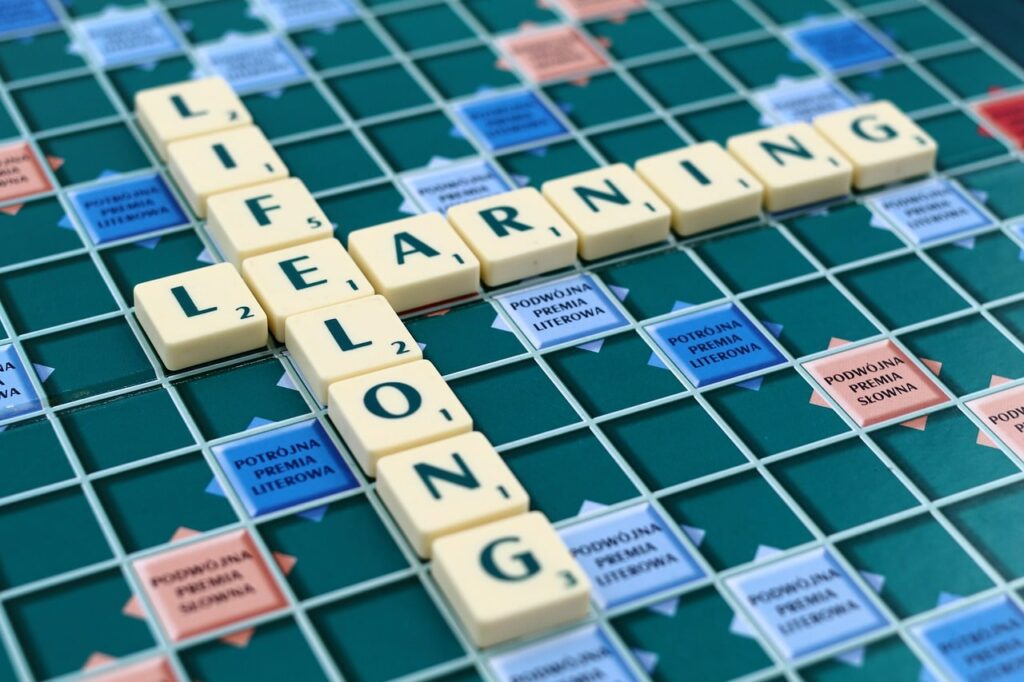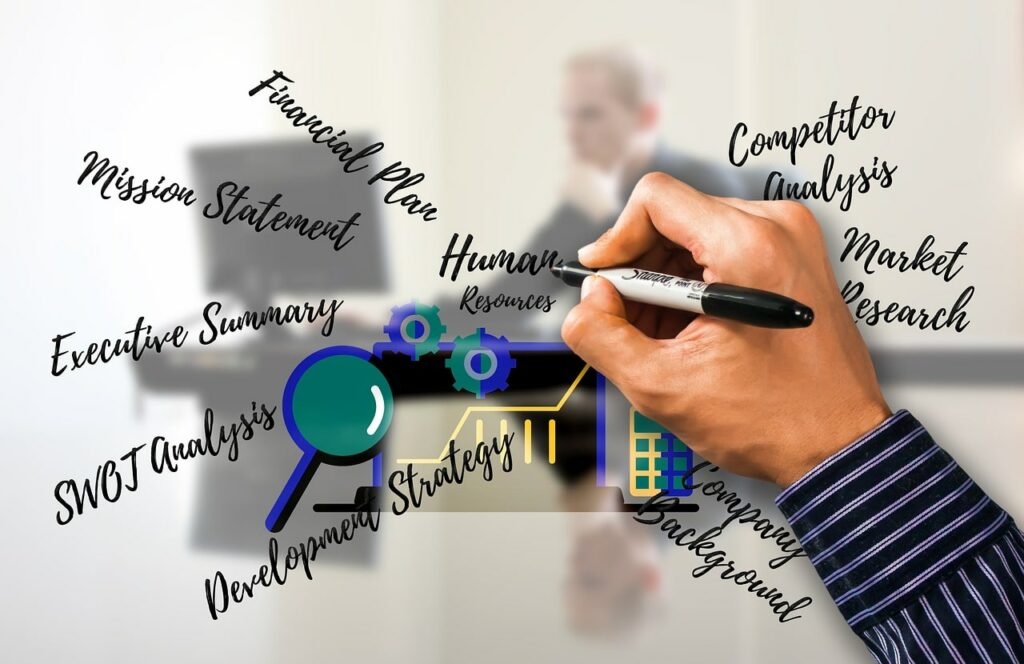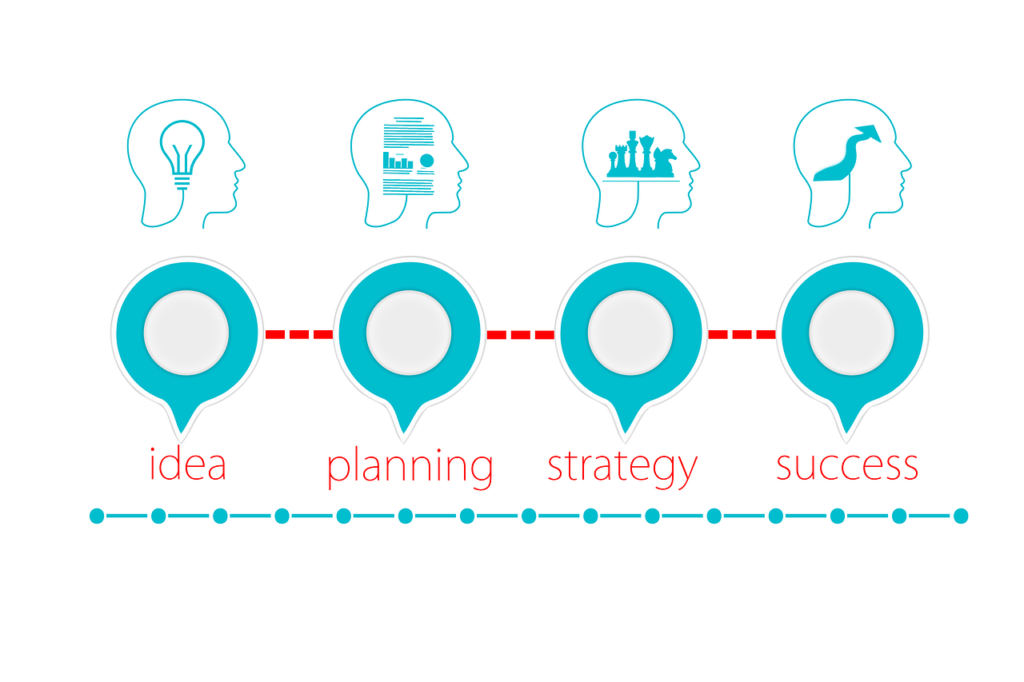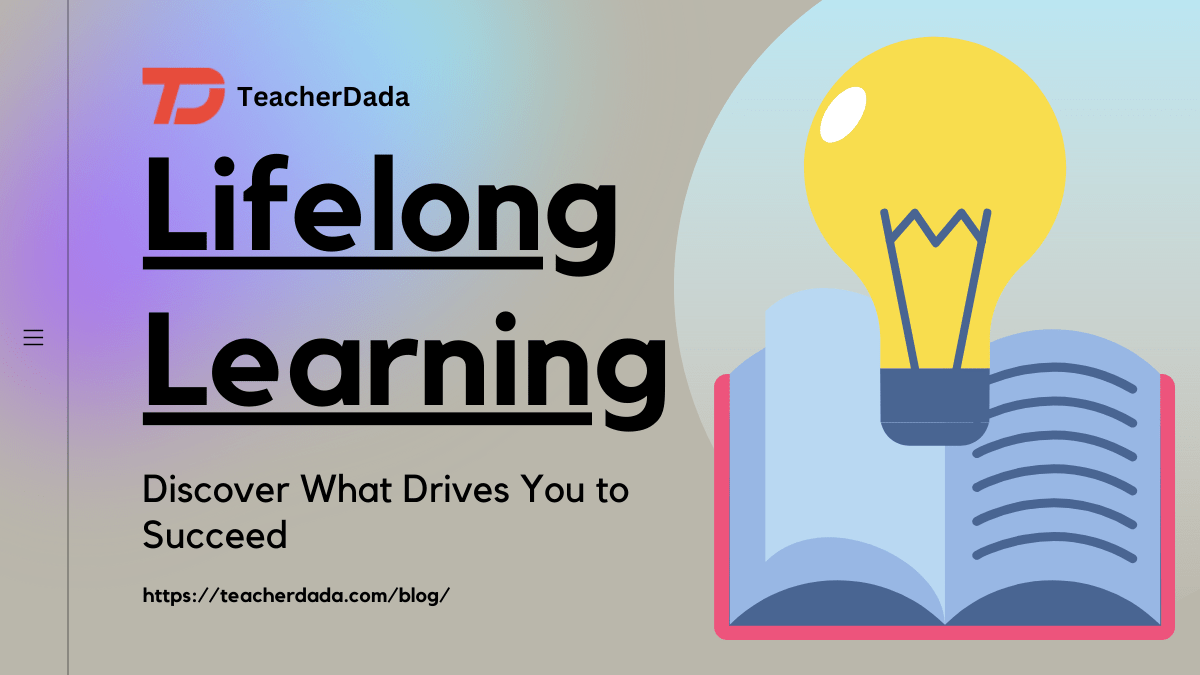As modern life increasingly calls for us to be flexible and open to new ideas, the concept of lifelong learning becomes more and more relevant. Lifelong learning is a process that allows us to continuously adapt and grow, and it is a key factor in success and personal fulfillment. In this blog, we will explore the concept of lifelong learning, its benefits of it, and how to uncover what drives you to learn and succeed.
What is Lifelong Learning?
Lifelong learning is the process of actively engaging in learning throughout life. It is not confined to formal education, but rather involves a variety of learning opportunities, from informal experiences to structured courses. It is an ongoing process of personal development that helps us to stay up-to-date with the ever-changing world and allows us to reach our full potential.
The concept of lifelong learning is based on the idea that learning is a lifelong journey, and is not limited by age or status. We are constantly presented with new challenges and opportunities, and it is our responsibility to take advantage of them. As we grow and develop, we need to be equipped with the skills and knowledge to make the most of these opportunities. Lifelong learning is the key to achieving this.

Significance of Lifelong Learning
Lifelong learning has a number of benefits, both for individuals and for society as a whole. For individuals, lifelong learning can provide a sense of personal fulfillment, as it allows us to explore our interests and develop our skills. It can also help us to stay up-to-date with the latest trends and technologies, which can lead to better job opportunities and career advancement.
From a societal perspective, lifelong learning is essential for the development of a healthy and productive society. It is the key to breaking the cycle of poverty, and it provides a platform for individuals to make meaningful contributions to the world. It also helps to promote social cohesion, as it allows us to develop a greater understanding of diverse cultures and beliefs.
How to Discover What Drives You
The first step in engaging in lifelong learning is to uncover what drives you. This involves taking the time to reflect on your passions and interests, and identifying what motivates you to learn and grow. By understanding what drives you, you can then focus your energy on developing the skills and knowledge needed to succeed.
The best way to discover what drives you is to ask yourself questions. What do you enjoy doing? What do you find challenging? What do you feel passionate about? These questions can help you to gain a better understanding of yourself and can provide valuable insight into what drives you.
Understanding Your Interests
Once you have identified what drives you, the next step is to explore your interests. This involves taking the time to explore different topics and subjects and gain a greater understanding of what fascinates and motivates you. It is important to remember that your interests can change over time, so it is important to stay open to new ideas and experiences.
When exploring your interests, it is important to consider the various learning opportunities available to you. Do you prefer learning in a group or on your own? Is there a particular learning environment that you find more engaging? Do you prefer learning online or in person? Answering these questions can help you to find the best learning approach for you. Explore more in detail about how to understand your interest with this guide.
Identifying Your Strengths and Weaknesses
Once you have identified what drives you and explored your interests, the next step is to identify your strengths and weaknesses. This involves taking a close look at your skills and knowledge, and evaluating what areas you excel in and what areas could use some improvement. It is important to remember that there is no such thing as perfection and that everyone has strengths and weaknesses.
When evaluating your strengths and weaknesses, it is important to take an honest and objective look at yourself. Don’t be afraid to ask for feedback from others, as this can provide valuable insight into areas that you may not have considered. It can also be helpful to make a list of your strengths and weaknesses, as this can help you to identify areas that need improvement.

Setting Goals for Lifelong Learning
Once you have identified your strengths and weaknesses, the next step is to set goals for lifelong learning. This involves setting realistic and achievable goals that will help you to make progress on your learning journey. It is important to set goals that are both challenging and achievable, as this will ensure that you stay motivated and on track.
When setting goals, it is important to consider the various factors that may influence your progress. This includes your time commitment, resources, and support system. Once you have taken these into account, you can then set goals that are both realistic and achievable.
Developing Strategies for Lifelong Learning
Once you have set your goals, the next step is to develop strategies for achieving them. This involves creating a plan of action that will help you to stay on track and make progress. It is important to develop strategies that are both achievable and flexible, as this will ensure that you can adjust your plan as needed.
When developing strategies for lifelong learning, it is important to consider the various resources available to you. This includes books, courses, and online resources. It is also important to consider the various learning approaches available to you, such as group learning or self-paced learning. By taking these into account, you can then create a learning plan that works for you.
Bonus tip: Here is recommended blog about leadership management which help you in your learning journey.
Finding Resources for Lifelong Learning
Once you have developed your learning plan, the next step is to find the resources needed to make it successful. This involves researching the various books, courses, and online resources available to you, and selecting the ones that best meet your needs. It is important to select resources that are both engaging and informative, as this will ensure that you make the most of your learning experience.
When researching resources, it is important to consider the various factors that may influence your progress. This includes the cost of the resource, the format of the resource, and the time commitment required. By taking these into account, you can then select the best resources for your learning journey.

Staying Motivated and Accountable
Once you have found the resources needed to make your learning plan successful, the next step is to stay motivated and accountable. This involves taking the time to reflect on your progress and identifying areas that could use improvement. It is also important to stay focused on your goals and to set rewards for completing tasks.
When staying motivated and accountable, it is important to set realistic expectations for yourself. It is also important to find a support system that can provide encouragement and guidance. This could include friends, family, mentors, or teachers. By having a support system in place, you can then stay on track and make progress on your learning journey.
Recommended courses that will help you to become lifelong learner
Personality development courses
Frequently Asked Questions
What is lifelong learning?
Lifelong learning is the process of actively engaging in learning throughout life. It is not confined to formal education, but rather involves a variety of learning opportunities, from informal experiences to structured courses. It is an ongoing process of personal development that helps us to stay up-to-date with the ever-changing world and allows us to reach our full potential.
What are the benefits of lifelong learning?
Lifelong learning has a number of benefits, both for individuals and for society as a whole. For individuals, lifelong learning can provide a sense of personal fulfillment, as it allows us to explore our interests and develop our skills. It can also help us to stay up-to-date with the latest trends and technologies, which can lead to better job opportunities and career advancement. From a societal perspective, lifelong learning is essential for the development of a healthy and productive society. It is the key to breaking the cycle of poverty, and it provides a platform for individuals to make meaningful contributions to the world
How can I discover what drives me to learn and succeed?
The best way to discover what drives you is to ask yourself questions. What do you enjoy doing? What do you find challenging? What do you feel passionate about? These questions can help you to gain a better understanding of yourself and can provide valuable insight into what drives you.
Conclusion
Lifelong learning is an essential part of success and personal fulfillment. It is a process that allows us to continuously adapt and grow, and it is the key to staying up-to-date with the ever-changing world. The key to engaging in lifelong learning is to uncover what drives you, understand your interests, identify your strengths and weaknesses, set goals, develop strategies, and find resources. With the right motivation and support, you can make the most of your learning journey and unlock the secrets of lifelong learning.

